Teixeira de Pascoaes made autumn his most constant, most confessed and most cosmic face. In his poem Autumn Day, Rilke portrays the falling leaves as sleepless solitude and a restless shadow. But in his plea, he asks for ripe, plump fruit and a last sweetness for the wine. Proust speaks of autumn walks, which continued the previous reading, with a grace as cold and delicate as the rain falling on those footsteps that were a memory of melancholy.
In the ancient guise of Ricardo Reis, Fernando Pessoa wrote one of the most serenely haughty, most lucidly resigned poems in all literature: ‘Lídia, when our Autumn comes, / With the Winter that comes with it, let us spare / A thought not for the future / Spring, which belongs to others / For the Summer, for which we are dead, / But for what remains of what passes – / Today’s yellow that the leaves are wearing / That makes them different.’
In Autumn Sonata and Saraband, films of faces, resentments and regrets, but also of appeasements, armistices and alliances, Ingmar Bergman the so spiritually autumnal director made music the mathematics of memory and death. For this detective of suspended secrets, silent earthquakes and sacred solitudes, autumn, with its shadows, was the season of subtlety and sublimation, of signs and senses. For the master of the secretion of time, autumn was nature’s dream, sleepwalking succession, the season in which whispers, signs and silences resonate in the bright, wary night of the dark day.
Our time has no kairós; it has only chrónos. In it there are no slowdowns or stops or even pauses other than those that are compulsory due to regulations, pressure, convention or vanity. The speed of movement and the dizzying pace are two quills that sketch out its figure in trembling lines. We live with our mobile phones in our hands and there we ‘see, hear and read things that we cannot ignore’.
Like Heraclitus’s river, we are on an endless journey, except our own. Some technocrat might call this incessant journey that makes us strangers and foreigners to ourselves all tourism. And we are perpetual travellers and permanent tourists. Or, if we are into philosophy, ontological tourism or onto-tourists.
Now writing as the modern Álvaro de Campos, Fernando Pessoa said, ‘I see you again – Lisbon and the Tagus and everything / A useless passerby of you and myself / A foreigner here as everywhere else / Casual in life and in the soul.’ Robert Musil said, ‘The only mistake that we could make would be to unlearn the sensuality […] of strangeness.’ This is a truly foreign, unqualified strangeness, as we have mentioned.
The words are still what they used to be, what they ceased to be and even what they almost were. The word tourism comes from the French tour and tourner, which in turn stems from Latin tornare (to turn around). And it was this word that was a constant tourist in its etymological tour.
These days, we repeatedly pronounce that which we call ours, perhaps out of excessive ingenuousness or exaggerated wilfulness, to show attraction or repulsion for what it means. Tourism today has become a target of judgements, with tough convictions and joyful acquittals.
Some people regard tourism as staggeringly healthy, while others consider it dauntingly sick. Some people see it as redemption, others as a crime. Some regard it as civilised, others as barbaric. There are those that exalt it, others who abhor it.
There are people who think that tourism is a great sign of cosmopolitanism and that its constant growth is a guarantee of peace and prosperity, promising proof of a global world and a ‘common home’. It is enough to go to a bookshop and lay our hands on the burgeoning numbers of books, albums and guides on travel, travellers, places, destinations, expeditions, excursions, routes and maps to see the praise and euphoria inspired by travel, wandering and detours.
From slow land expeditions to long voyages, fervent religious pilgrimages to the elegant Grand Tour, sophisticated cruises to an adventurous conquest of the skies, travel has given people what is to them an attraction that is as visceral, vital and violent as the firm, strong call to set down roots. Book titles such as Eloge du dépaysement: Du voyage au tourisme are catalogues of words that do the travelling for us.
The history of literature is the story of a long journey. And the history of literature with travel is more or less confused with the history of travel with literature. From the Epic of Gilgamesh to Homer (Borges said that the Iliad and Odyssey stick in people’s minds because they recount a war and a journey – and life is a war and a journey), from Pausanias to Herodotus, from Virgil to Dante (the Divine Comedy, that kind of supernatural tourism), from Ibn Shahriyar to the Calixtine Concordat, from Marco Polo to Bartolomeu de las Casas, from Montaigne to Cervantes, from Laurence Sterne to Montesquieu, from Defoe to Swift, from James Cook to Chateaubriand, from de Sade to de Staël, from Rousseau to Goethe, from Byron to Lamartine, from Stendhal to Ruskin, from Flaubert to Kipling, from Baudelaire to Rimbaud, from Dickens to D. H. Lawrence, from Loti to Stevenson, from Jules Verne to Wharton, from Melville to Twain, from James to Proust, from Gide to Mann, from Jack London to Albert Londres, from Segalen to Kerouac, from Malraux to Orwell, from H. Miller to Canetti, from Michaux to Burroughs, from Conrad to Durrell, from Gracq to Octavio Paz, from Hemingway to Bruce Chatwin, from Sebald to Le Clézio, from Magris to Olivier Rolin, this successive and sinuous verbal atlas contains all the ages and all the homes in the world.
From among Portuguese authors, we could mention, among many others, Duarte Pacheco Pereira, Álvaro Velho, Pero Vaz de Caminha, Fernão Mendes Pinto, História Trágico-Marítima, João de Barros, Camões, Padre António Vieira, Almeida Garrett, Eça de Queirós, Ramalho Ortigão, Raul Brandão, Venceslau de Morais, Ferreira de Castro, Jorge de Sena, Sophia de Mello Breyner Andresen, Agustina Bessa Luís, Mário Cesariny, Natália Correia and José Saramago.
We could also add the vast, varied fields of theatre, cinema, music, opera, dance and visual arts to the world of literature. With this list, never-ending like the desert sands of films or the blue shades of the skies and seas in paintings, we would experience stages, screen, travels, images, representations, figurations, memories, interpretations, imaginations and symbols.
But, in contrast to an optimistic, expansive view, there are people with a different, reactive, pessimistic vision, who think that today’s tourism is not a descendent of this family tree, but rather its usurper or destroyer. They believe that it is an example of consumerist alienation, predatory terror and commercial conformism that makes charm the ghost of authenticity, hyper-information the disguise of ignorance, the stereotype the fabrication of knowledge, mimicry the fraud of discovery, adventure the farce of routine, fetishism the forgery of the sacred, and tourist guides the spectre of the Babel Library. For them, the ancient, noble art of travel and losing oneself has disappeared, as Walter Benjamin said.
Many regard the tourist invasion of the cities, neighbourhoods, streets, squares, landscapes, monuments, museums, shops etc, which they also invade, as the arrival of new barbarians and their howling, rapacious hordes. But many others regard these thick crowds as a source of great pride, a cause for celebration, a reason for self-satisfaction for the invaded, a stronghold against threats and crises, a life-vest in the stormy seas of debt and deficits, a guarantee of the present given to the future.
Unlike the stupidity mentioned by António Guerreiro in Electra 2, which is always someone else’s, good tourism is always ours and bad tourism is what others do (except, of course, for tour operators, travel agencies, hotels, restaurants and retailers).
Marguerite Yourcenar, a great traveller, spoke of her travels as a tour de la prison, a tour round the world prison. The world is referred to as a prison in Hamlet. In addition to being a great student of the human soul, Shakespeare was a traveller of all mysteries and worlds.
Yourcenar, who hated everything that was massified, standardised or plasticised, wrote: ‘The mass media in the service of more or less camouflaged interests will visit on the world, with chimerical noises and visions, an opium of the people that is much more insidious than any religion has ever been accused of spreading. A false abundance concealing growing erosion of resources will hand out increasingly adulterated foods and increasingly gregarious amusements, panem et circenses of societies that think they are free. By cancelling out distances, speed will also cancel out the difference between places, dragging the pilgrims of pleasure everywhere to the same fake sounds and lights, the same monuments that are now as endangered as elephants and whales, a crumbling Parthenon that they are thinking of putting under glass, a corroded Strasbourg cathedral, La Giralda under a sky that is no longer a blue, a Venice rotted by chemical waste.’ But in an address entitled Space Travel and Time Travel that she gave in Tokyo, she recognised that ‘there have always been herd travellers […]. Silliness has always been there’ (Le Labyrinthe du Monde, Archives du Nord).
Sophia de Mello Breyner Andresen wrote a poem entitled Tourists at the Museum which has the conviction of someone being caught red-handed. ‘They look overwhelmed / Amazed, they read the centuries on the wall / Their eyes go blank / With the statues – as if by mistake – / They sometimes pass each other / (Where is the ancient slow brooding of travel?) / Outside they take quick photos / As if they are quickly disowning it all / They walk in herds like animals’ (O Búzio de Cós e Outros Poemas).
Today, everything is a pretext for tourism. There are no adjectives that do not apply. There is religious, cultural, sports, food, medical, sentimental, sexual, funeral, genealogical, heraldic, commercial, linguistic, historical, archaeological, geological, political, economic, ecological, esoteric, philanthropic, musical, youth, senior, family, individual, group, gay, professional, study, leisure, urban, rural, spa, thermal, hunting, fishing, maritime, mountain, snow, forest, literary, artistic, improvised, organised, regional, domestic, international, winter, summer, mass, customised, incoming, outbound, social, intensive, extensive, itinerant and space tourism.
Depending on their temperament, inclination and intentions, tourists are trying to get close or to get away, and to look for difference or similarity, discovery or re-encounters, proximity or distance, memories or oblivion, safety or risk, clarification or alienation, confirmation or rebuttal, surface or bottom, convention or eccentricity, people or things, and love that we bring or take away. Some make tourism an institution of reality, while others make it a device of fantasy. Some ethos, others pathos. There are even people who see tourism as a moral condition, others as psychoanalysis. Some aesthetics, others technology.
By choosing tourism as the subject of this autumn edition of Electra, we are talking about something that surrounds us and reveals us. As you will see in these pages, the major issues of tourism are often the others – and not those that people talk about so doggedly, obsessively and carelessly.
Talking about tourism today means talking about a tangle of problems, questions, investigations and statistics that talk about much more than the tourism they are talking about. As with almost everything that counts, it also means talking about a mesh of ambiguities, mythologies, half-truths, half-lies, realities, imaginations, contradictions, threats, harmful effects, collateral damage, successes and failures. Tourism is a totaliser and a mobile mirror that shows people to themselves and others, and places their own world face to face with other people’s worlds.
The Japanese poet Matsuo Basho (17th century) wrote these two autumn haikus: ‘a rainy day – / border city / plunged into autumn’ and ‘the moon is so high / like the price of land / in this shopping area’ (The Travelling Hermit). He is talking about autumn and he also seems to be talking about tourism. That’s the way of poets. They move in mysterious ways. And they see the distance in what is close to them.
When summer gives way to autumn, the tourism of many becomes the tourism of fewer. The crowds are no longer countless, the queues and waits are not so long, the paths are not so slow, or the days so long, or the nights so hot, the clothes so light, the voices so loud or the prices so high.
It is when the shade reclaims its rights over the light. Then we look at the world, and those that walk it, in a different light. This is when the rush in our movements begins to meander and our thoughts about it can be clearer and more flexible.
*Tradução de Wendy Graça
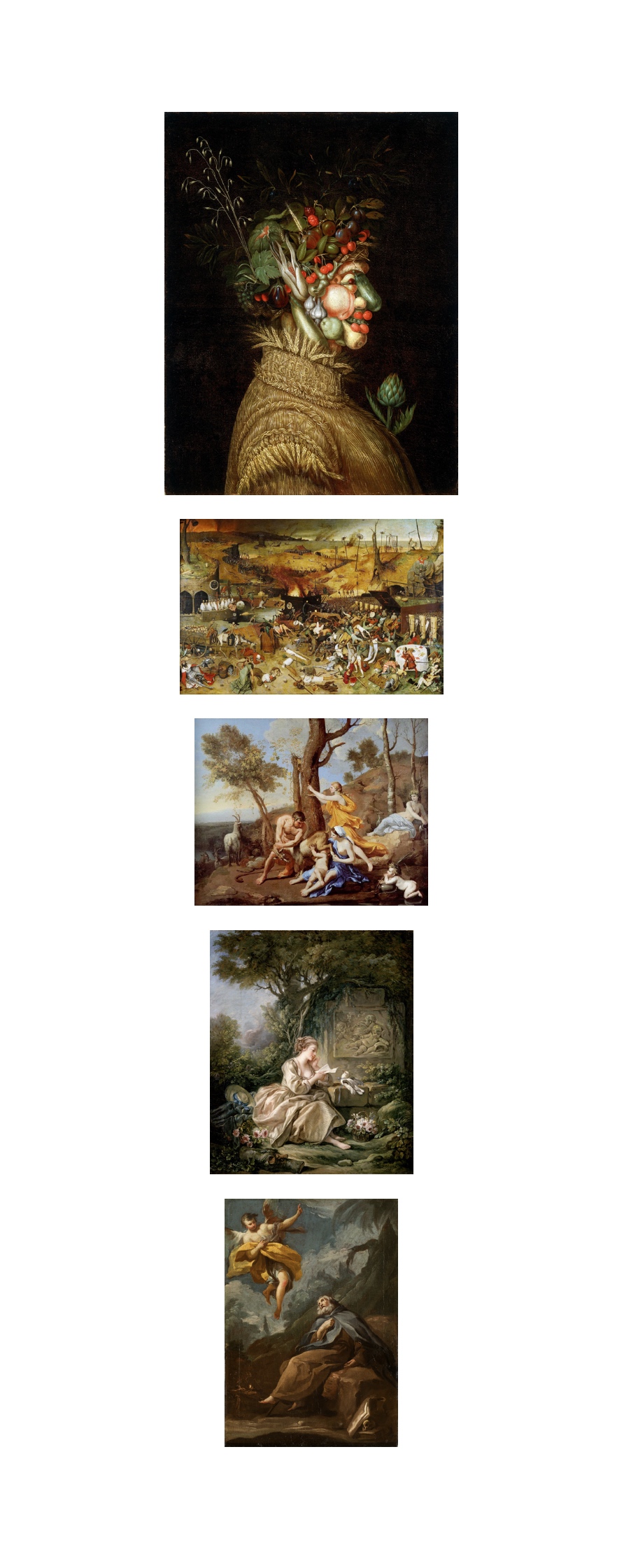
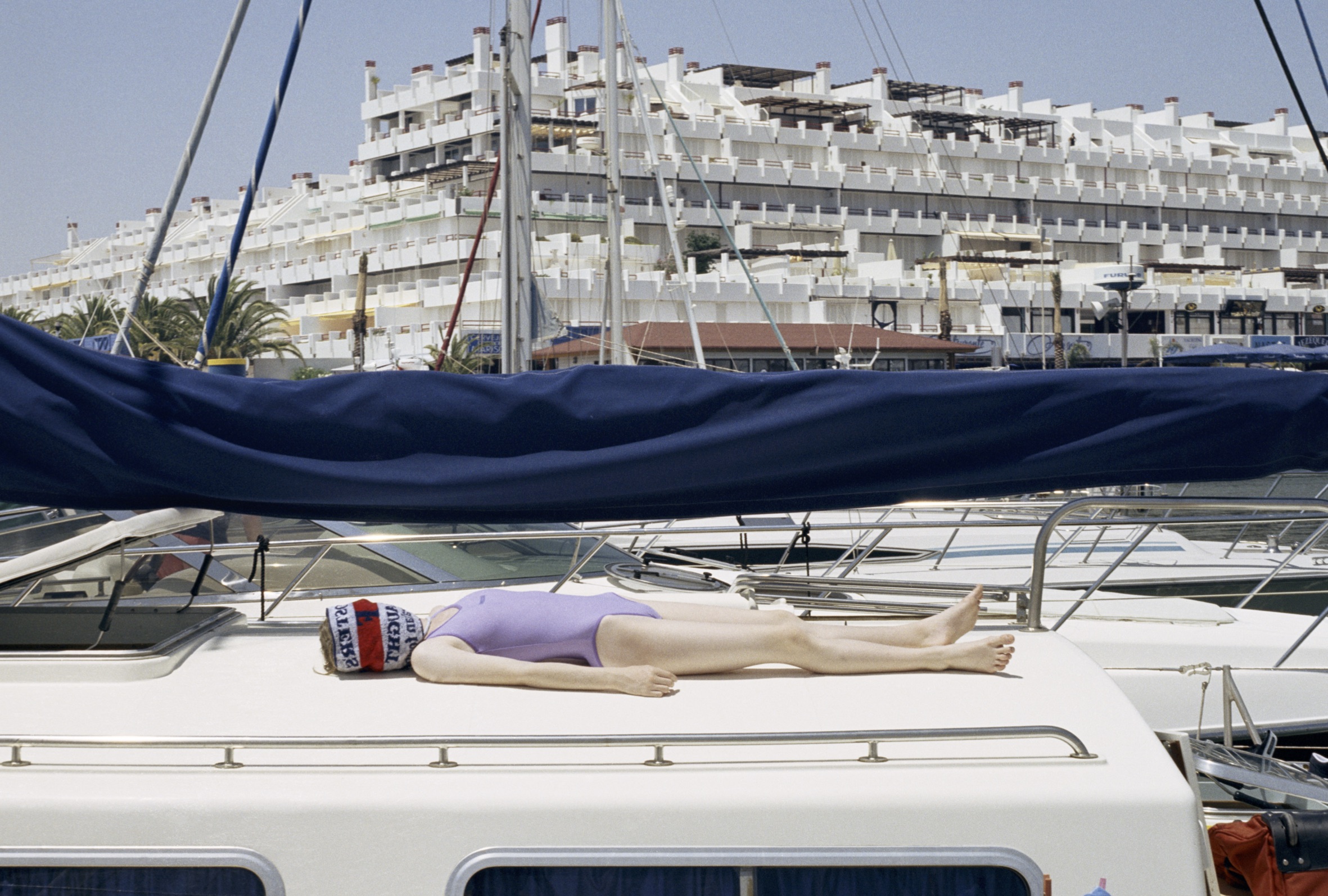
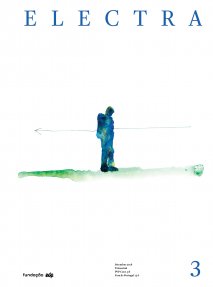
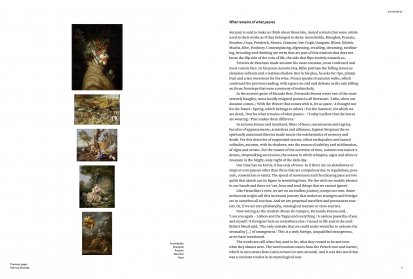

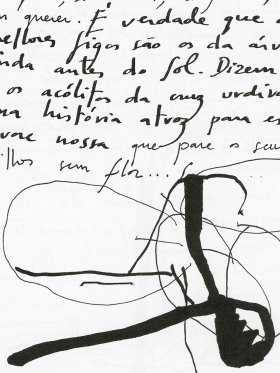
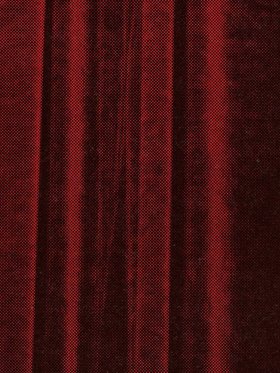
Share article